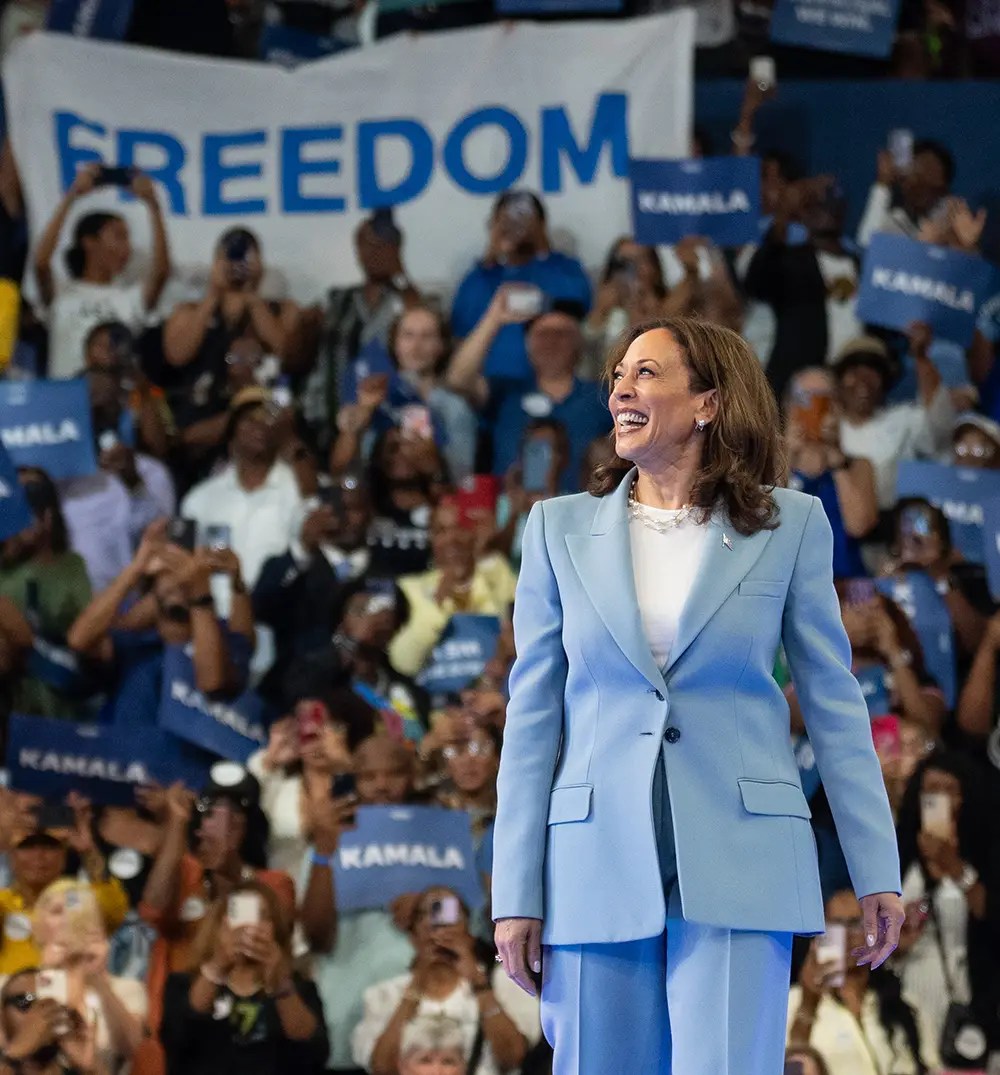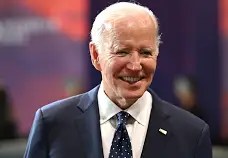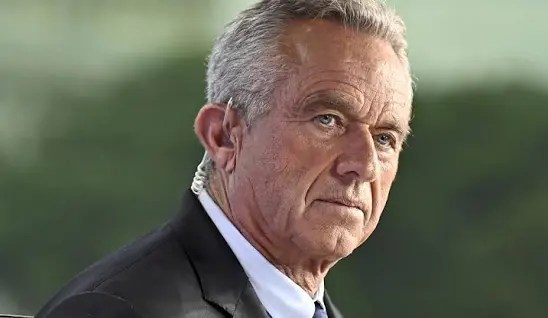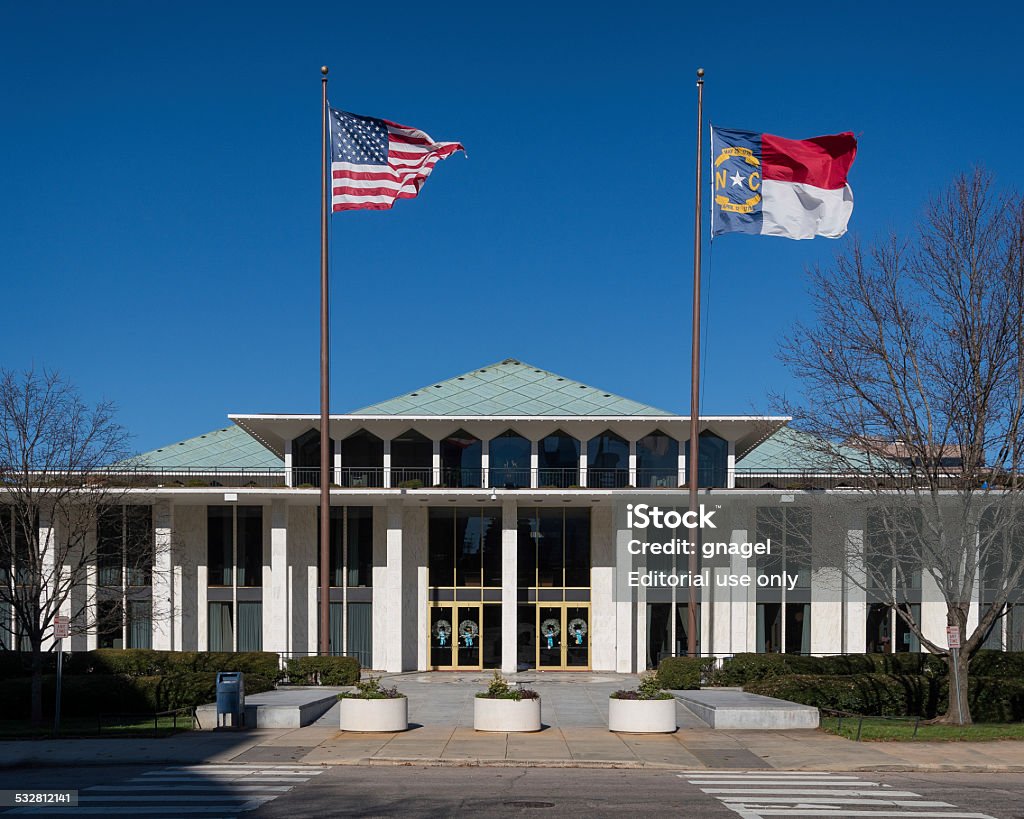by Nicholas Patti
November 14, 2025, Wake Forest, NC—As the longest US government shutdown dragged on for weeks upon weeks, costs mounted. Millions of airline passengers faced delays and cancellations ahead of the upcoming Thanksgiving holiday and travel rush. Food stamps for 42 million hungry Americans were at risk of not being paid. Hundreds of thousands of federal workers were seeing paycheck after paycheck of zero pay. In the national, off-year, local elections on November 4th, 2025, Democrats punished Republicans at the polls with an electoral sweep. Apparently, voters blamed Republicans more than Democrats for the shutdown.
Then, a compromise emerged, and the shutdown came to an end. Eight Senate Democrats, including one independent, conceded the Democratic demand of funding for the expiring Obamacare premium subsidies. They were offered a vote on the issue on the Senate floor, sometime in December. Republicans achieved exactly the 60-vote threshold they needed to pass a new temporary funding bill in the Senate, and finally, after all that pain, suffering, and hardship for the American people, Congress was on-track to end the shutdown. The shutdown ended November 12th, 2025, after the US House passed the legislation, and President Donald Trump signed it into law that very night. The shutdown had lasted 43 days, the longest in US history, and it was finally over.
In this essay, I will ask the critical question, for Democrats, was the shutdown worth it? Was the shutdown a good political ploy for their party, and did it achieve any policy goals? For the Republicans, I will inquire as to whether the outcome of the shutdown vindicated their position from the beginning, and did they win or lose, politically, after all was said and done? I will examine their claim, oft-repeated, that immigrants were to blame for the shutdown. I will respond to the language Republicans used in making this argument about the immigrants and the shutdown. I will consider who was to blame for the shutdown, Democrats or Republicans, after weeks of finger-pointing and blame, back-and-forth, as the shutdown dragged on. Finally, I will conclude with an answer to the question, was it worth it, ultimately, for the Democrats to take a stand against President Trump and the Republicans in Congress, and to shut down the government with their votes. Were the moderate Democrats right in crossing party lines to end the shutdown, or should they have held with the progressives and the majority of the Democratic Party to vote to keep the shutdown open, and the government closed, despite all of the pain felt by the American people? As they did in fact vote to end the shutdown, was this strategy worth it for the Democrats?
After the Republicans gained the 60 votes needed to end the shutdown without making any concessions on extending the subsidies for the Affordable Care Act insurance premiums, they claimed victory. In fact, they argued that the outcome vindicated their position from the very beginning of the shutdown. If the Democrats had voted that way six weeks ago, they could have spared the American people all the pain and suffering of the shutdown, in the first place. In this view, Republicans argued, the shutdown represented an extreme act of bad government and poor policy-making by the Democratic Party. However, Democrats placed the blame for the shutdown back on Republicans. Democrats pointed out that the Republican Party controls both houses of the US Congress and the Presidency, and that the responsibility rested with Republicans to pass legislation, and to open or close the government. As to the Democratic votes on the filibuster in the Senate, the Democrats argued that Republicans refused to negotiate with them at all on the issue of the Obamacare subsidies, and that therefore, the Republicans were to blame. As it turned out, the Republicans never conceded on that issue. Ultimately, the eight Democrats, including one independent, who voted with Republicans to re-open the government, gave up on negotiating with Republicans. In the words of Senator Angus King, independent of Maine, further negotiations with the Republicans on that issue would have been fruitless, since the Republicans were not budging on the issue. I agree that holding out longer for a concession from the Republicans on the Obamacare subsidies would have been pointless. Thus, it did prove to be that the Republican refusal to negotiate caused the Democrats to fail to reach an agreement with Republicans to re-open the government, and ultimately, that same Republican refusal to negotiate caused moderate Democrats to fold, ultimately, and to vote with Republicans to re-open the government. The pain experienced by the American people had grown too great, and it became time to re-open the government.
I believe that there was good reason for the Democrats to begin with a strong attempt at gaining the concessions on the Affordable Care Act from the Republicans, even if that Democratic effort proved fruitless, in the end. I think the Republican position from the beginning was not vindicated by the final outcome on the premium subsidies; the Democrats were justified in trying, even if they ultimately failed to win that outcome in the end in the Senate. It should be noted, however, that Republicans did promise to hold a vote on the Affordable Care Act subsidies by mid-December in the Senate. Moderate Democrats pointed to that concession as an opportunity to hold individual Republican senators accountable for their position for or against the skyrocketing premiums and the subsidies next year in the 2026 mid-term elections. Moderate Democrats plan to press the affordability issue in the mid-terms next year, if Republicans vote to end the subsidies. That vote in the Senate is expected to fail, as the Republicans have shown no interest in extending those subsidies, and the Republicans hold the majority. Democrats did win the ability to put individual Republican senators on-the-record, however, and build for a Democratic victory in the mid-terms (CNN, 11/9/2025; “Senate moves toward ending shutdown after Democratic defectors relent,” News & Observer, Raleigh, NC, digital edition, 11/10/2025; “US Senate compromise sets stage for end to government shutdown,” myEarthlink news, on-line, 11/10/2025).
The next question that arises, naturally, is, did the Republicans win or lose the shutdown, practically, in terms of policy, and politically. It is clear to me that the Republicans did win the shutdown, strictly in terms of policy. As I said above, the Republicans never conceded the Democrats’ primary demand, namely, extending the Obamacare health care subsidies. The moderate Democrats ended up conceding the issue to the Republicans, largely, and so the Republicans did “win” the shutdown. It should be noted, however, that the majority of Democrats voted against re-opening the government, in the end. Also, the Senate Minority Leader, Democrat Chuck Schumer, did vote against re-opening the government, as well. The Republicans only needed eight Democratic votes to win in the Senate, however, and the Republicans, ultimately, found those votes.
Politically, however, I think it is a different story. I think Democrats fared far better than Republicans, politically speaking. Polls showed the American people blaming the Republicans slightly more than the Democrats, 50% to Republicans, vs. 43% to Democrats, in one poll (Reuters/Ipsos, late October, myEarthlink, on-line, 11/10/2025). In the election, however, the story was clearer. There, in the national, off-year elections of November 4th, Democrats destroyed the Republicans. Democrats won the Governors of New Jersey and Virginia by wide margins, as well as electing a Democratic Party socialist mayor of New York City. In California, Prop 50 to redraw the legislative districts to favor Democrats in that state also passed. Democrats won every single significant electoral plum up for grabs in that national election, and by wide margins in New Jersey and Virginia.

© Alisonh29 | http://www.stockfreeimages.com
Even President Trump admitted defeat in that election. President Trump attributed the Republican losses in the election, in part, to the shutdown. He believed that the voters blamed the Republicans more for the shutdown than the Democrats. That blame game cost the Republicans at the polls, according to Trump. Also, President Trump claimed that the other reason the Republicans lost that election was that President Trump, himself, was not on the ballot. The election showed a clear Republican political loss, stemming from the shutdown.
Having said that, I would like to point out that achieving a policy victory, as the Republicans did in the end, is always a plus, politically. The policy victory from the shutdown was a political win for President Trump and the Republican Party. It can only be a mixed bag for the Republicans, however, in sum, since they performed so poorly, in fact, in the election, held near the end of the shutdown. What is more, depending on how Congress acts on the Affordable Care Act subsidies over the next year, the policy win could be very short-lived: Democrats can win on that issue, highlighting the affordability issue, heading into next year’s mid-terms. Control of Congress is at stake, then.
Next up is the question of the immigrants and the shutdown. Republican leadership claimed, repeatedly, that the Democratic position was to try to spend $1.5 trillion to fund illegal immigrants to receive public health benefits. That was the reason the Democrats shut down the government, in this Republican misrepresentation of the Democrats position. The Democratic response, spoken by Senator Chuck Schumer, was that that claim was blatantly false. The Democrats were not fighting for free health care for immigrants who are here illegally. Schumer pointed out that none of the recipients of the Affordable Care Act subsidies are illegal immigrants. They are not eligible to receive this benefit in the first place, according to Schumer. The issue for the Democrats was not the inclusion of immigrants who are here illegally, but rather the extension of the premium subsidies, themselves, for the millions of Americans who are already receiving them. I agree with Senator Chuck Schumer. The immigrants were not the issue (CNN).
I have a note on the language Republicans used in making this argument about the immigrants’ blame for the shutdown. President Trump and the House Speaker, Republican Mike Johnson referred to the immigrants as simply “illegals” or “illegal aliens” (CNN). This is a slur against these people. This language defines this whole group of people, and each person within that group, solely by their immigration status. I can counter this language by recalling a slogan I heard at a pro-immigrant rights rally in New York City, several years ago. The chant was, “No One Is Illegal!”
Now, on to the questions for the Democrats. First, was the shutdown a good strategy for the Democrats, politically? I discussed the election results, earlier in this essay. Democrats won at the ballot-box this year. On the question of the upcoming mid-terms, next year, Democrats cannot claim a policy victory on extending the Affordable Care Act subsidies this year. If the Republicans fail to extend the subsidies later this year, and next year, then the Democrats can hold the Republicans in Congress accountable for the spiking costs of health care under the Affordable Care Act. In the US Senate, the Democrats won a vote on the issue, this December. Those senators can be held personally responsible for their votes, when next year’s mid-term elections roll around. Thus, while Democrats cannot claim a direct policy victory out of this shutdown exercise, they can hold Republicans accountable in next year’s mid-terms.
Should the moderate Democrats have broken with the rest of their party and voted with Republicans to re-open the government, or should they have held out for another chance to sway the Republican majority into extending the subsidies? The refrain for the moderate Democrats who voted this way, in the end, was that the costs of the shutdown grew too painful for the American people to hold out any longer. The benefit of extending the subsidies was out of reach, given the Republican intransigence, and causing more pain for the American people would be pointless. I agree. I break with the progressives in the Democratic Party who blamed the moderates for voting this way, and Senator Chuck Schumer, for failing to hold the party together in opposition to voting to re-open the government. Progressives blamed Chuck Schumer for the moderate Democratic votes even though Schumer himself voted against the compromise to re-open the government. I think this blame is misplaced. Also, with millions of Americans potentially going hungry with the SNAP benefit cuts, the millions of air travelers stuck in US airports and going nowhere, and the hundreds of thousands of federal employees going more than six weeks without pay, I think the costs of the shutdown were mounting. I agree with the moderate Democrats that the costs became too great for the American people. While I support the Democratic effort to obtain those health care subsidies in the first place, I think that, eventually, the costs became too great to carry on the fight any longer. It only made sense, to me, to re-open the government, at that point.
In sum, was the government shutdown worth it for the Democrats to have waged, in the first place? Was it worth it for the Democrats to take a stand against President Donald Trump and the Republican party that controls all three branches of the federal government, and in particular, the Congress, at this time? My answer is yes, it was worth it. After the passage of the so-called Big Beautiful Bill in Congress, into law, last summer, the shutdown was worth it. That legislation slashed over $1 trillion dollars from Medicaid and food stamps, aside from this shutdown. On top of that, the Affordable Care Act subsidies are expiring this year. In addition to the previous cuts, millions of Americans would see their health care premiums skyrocketing under Obamacare, this year. Republicans had been attacking the Affordable Care Act for over ten years, and now, with majorities in both houses of Congress, they are defunding it. It could be argued that it was critical for the Democrats to take a stand on this issue, alone, at this time. Democrats argued that these shutdown votes on the so-called “clean CR” put forward by the Republicans was their only leverage in the federal government, at this time, and the Democrats were right.
I applaud the Democrats for taking a stand, in the first place, and I applaud the moderate Democrats for having the common sense to vote to re-open the government, after the shutdown became the longest in US history, and the costs to the American people just became too great.
Although the Democratic Party is divided on ending the shutdown, the way it worked out may benefit the Democrats, as a whole, politically. First, Democrats took a stand, as their base was demanding, especially after all of President Trump’s victories this year. Second, in the national election on November 4th, near the end of the shutdown, as the costs were mounting on the American people, the Democrats clobbered the Republicans, nationally. Next, since the government re-opened, the Democrats would not be blamed for keeping the government closed as the pain was mounting on the American people. Moderate Democrats deserve credit for this decision. Finally, leading up to next year’s mid-term election, Democrats can hold Republicans accountable for spiking health care costs on the issue of affordability. Affordability was a key issue in this year’s elections. It will probably remain an issue into next year’s midterms. If the Republicans fail to extend the Obamacare subsidies, or fail to come up with some other solution to the rising health care costs for Americans under the Affordable Care Act, then Democrats can clobber the Republicans again next year in the mid-terms on the issue of affordability, in general.
As the shutdown turned out, the political winds can favor the Democrats, significantly, heading into next year’s mid-terms. All the Democrats need to do is to play their cards right, from here on out. In conclusion, the Democrats needed to take a stand, and they were right in taking this stand. By conceding the shutdown, in the end, the Democrats, and in particular, the moderate Democrats, deserve credit for bringing us all out of this mess. Simply put, the shutdown had grown too costly to continue any further. Yes, the shutdown was worth it for the Democrats. If they play their cards right from here on out, the shutdown will have been worth it, politically, as well, for the Democrats, heading into next year’s mid-term elections.
—Nicholas Patti
Wake Forest, NC
USA
Additional Sources:
CNN, television, 11/9/2025, 11/12/2025, October, November, 2025; radio, SiriusXM, 10/25, 11/25.
News and Observer, Raleigh, NC: “Congress votes to end shutdown as NC Dem breaks with party in vote for bill,” 11/13/2025, digital edition, newsobserver.com; “Senate moves toward ending shutdown after Democratic defectors relent,” 11/10/2025, digital edition, newsobserver.com.
New York Times, New York, NY: “Food Aid Halt Shatters Faith in Safety Net,” 11/13/2025, p. A1, print edition.
myEarthlink news, on-line: “US government opens back up but deep political divisions remain,” Reuters, 11/13/2025; “US Senate compromise sets stage for end to government shutdown,” 11/10/2025.
WRAL news, WRAL, WRAL+, Raleigh, NC, 2025, NBC, television news.
ABC news, 2025, television



















